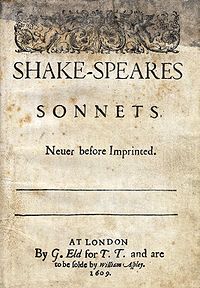Dear Students,
Please send me an e-mail in letter format: an opening; a body with single spacing within the paragraphs and double between paragraphs; a closing (sincerely, with love, yours truly); size 12 font and a minimum of three (3) paragraphs. I am typing this blog post in the format.
Each of the following paragraphs are filled with questions to get you thinking. You do not have to answer every question. You do, however, need to write in complete sentences and paragraphs with topic sentences and supporting details. There is only one question that I want you to answer and it is in the last paragraph.
In a paragraph describe your history as a writer. What did you think about writing before I was your teacher (grades K-5)? Do you remember learning to write? Who taught you? How did you feel about writing stories? Can you recall a piece of writing from then? How do you feel about writing from sixth grade to now? Describe your history as best you can.
In another paragraph – describe who you are as a writer right now. We wrote a lot in this room. How do you feel about what you did last year? Are you proud? disappointed? After re-reading your writing from last year – do you like it? How did it feel to finish a piece of writing last year? What was the writing process like: did you waste time, not have enough time, struggle, write fast . . . etc.
Now, reflecting on everything you’re written so far, give yourself some writing goals. It could be writing in a different genre; or writing non-fiction; or fiction; or poetry; or something else. Do you need to write more dialogue or less. Do you write in sentences and paragraphs or do you make lots of revisions? Do you want to enter writing contests? What do you think about sharing your writing with other students outside of our school?
Finally, make sure you answer this question somewhere in your letter, what skills do you think you need to improve your writing?
Have fun, do good work and I’ll see you Thursday.



